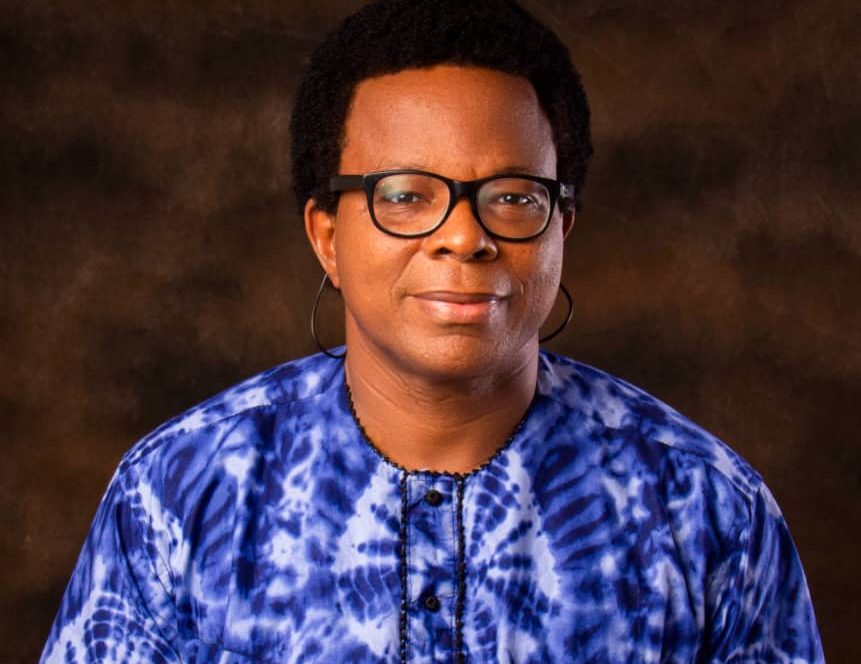
The tragic case of Dr. Vwaere Diaso is merely a glimpse into the extensive crisis. The pervasive decay within our public hospitals is far more insidious. In the heart of Lagos, the epicenter of Nigeria’s excellence, a harrowing incident unfolded when a budget elevator collapsed, trapping a young woman, and leaving her stranded for nearly an hour. This somber event occurred in 2023, and upon her arrival at the surgical table, the monitors failed to function, further highlighting the systemic breakdown. Unfortunately, this scenario is not an isolated one, and it underscores a broader problem that extends beyond Lagos, painting a grim picture of public healthcare across the nation.
While the senior doctors remain on the frontlines, their commitment has waned, and complacency has taken root. Despite being entrusted with the leadership of tertiary hospitals, these seasoned professionals have allowed standards to erode. Within certain teaching hospitals in Lagos, the absence of active residents is conspicuous, as these young doctors increasingly seek opportunities abroad, leaving critical gaps in the medical workforce. Remarkably, the senior doctors exhibit indifference to this exodus, forsaking their responsibility to uphold the integrity of the system and advocate for their colleagues.
The repercussions of overworking doctors are dire, and the consequences ripple through patient care. Often, young doctors are thrust into on-call rotations with alarming frequency, forcing them to resume regular duties immediately after completing a taxing shift. This practice is particularly burdensome for those who are also mothers, shedding light on a disregard for their well-being. The demanding nature of medical residency programs is acknowledged, yet it should not verge on oppressive. A doctor should not be saddled with a patient load four times their capacity, without adequate intervals for rest, as it is the patients who ultimately bear the brunt of compromised care.
The absence of basic amenities and suitable working conditions only serves to perpetuate the allure of foreign medical practice and exacerbates the brain drain. It is essential for teaching hospitals to meet fundamental requirements; otherwise, they should be downgraded or repurposed. A teaching hospital must demonstrate a certain caliber of staff and maintain a minimum level of equipment sophistication. Prioritizing staff welfare and clinical services should be non-negotiable. Regrettably, this principle often falls by the wayside as senior doctors, fixated on personal gains, overlook the ethical obligation to provide dignified working environments for their junior counterparts.
In contrast to the aviation industry, where strict regulations safeguard pilots from overexertion, medical oversight remains lax. Senior doctors hold the authority to accredit medical facilities, yet they often fail to act swiftly in the face of inadequacy. Instead, they collude with politicians to present subpar hospitals as viable options, perpetuating a dangerous illusion of safety for the public. It is imperative that senior doctors muster the courage to confront these systemic issues head-on. Ill-equipped and understaffed hospitals should face downgrading, delivering a resounding message to the political class that reforms are overdue and non-negotiable.
In recounting a personal experience from January 2017, when his father suffered a stroke and was rushed to the Federal Medical Center in Owerri, Ugoji Egbujo exposes the dire state of public healthcare. The lack of even a basic stretcher in the emergency department symbolizes the depths of the crisis. Nurses overwhelmed by their duties could offer no respite. This poignant account serves as a testament to the dire consequences of senior doctors’ inaction and underscores the urgent need for a transformative overhaul.
To invoke change, senior doctors must rise to the occasion. Hospitals must be managed akin to airlines, with meticulous attention to quality, safety, and adherence to standards. The courage to initiate and enforce reforms, even if they entail facility downgrading, lies with the senior medical community. By instilling a culture of accountability and prioritizing the welfare of both patients and medical professionals, senior doctors can redefine the trajectory of public healthcare, delivering a message that resonates with both the politicians and the public they serve.